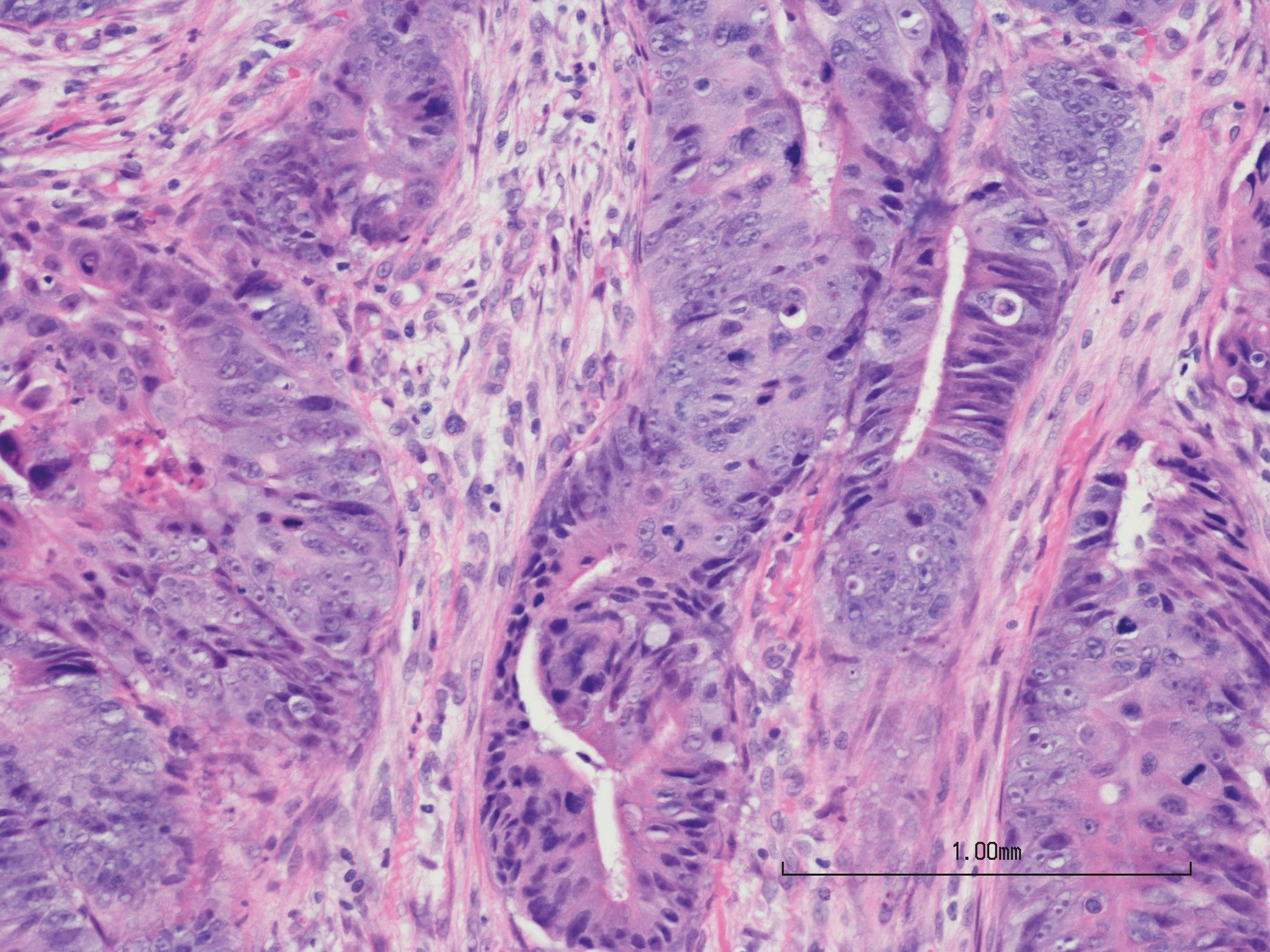Pediatric multiple sclerosis (POMS) is a rare but particularly challenging form of the disease. Children and adolescents with MS often experience more relapses, a greater lesion burden on MRI and early-onset cognitive impairment. At the same time, their long-term course is characterized by a delayed but ultimately unstoppable accumulation of disability. For a long time, therapeutic care was limited and restricted to low to moderately effective therapies. In recent years, however, there has been a paradigm shift: highly effective therapies (HETs) are increasingly being used in pediatric patients – with clear benefits for relapse rate, MRI activity and disease progression.
Autoren
- Tanja Schliebe
Publikation
- InFo NEUROLOGIE & PSYCHIATRIE
Related Topics
You May Also Like
- Type 2 diabetes - glycemic control and prevention of secondary diseases
Utilizing pleiotropic cardio- and nephroprotective effects of SGLT-2-i and GLP-1-RA
- Subsyndromal anxiety disorders: Family doctor as first point of contact
Practical recommendations for diagnostics and therapy
- Patient-centered rounds in medicine
Aligning care with the patient
- Restless legs syndrome in children
Relationship between restless legs syndrome and growing pains
- Between hope and evidence gaps
Tinnitus and phytotherapy
- Case Report
17-year-old patient with acne fulminans
- Oncology
Study updates from the ESMO Congress
- High-dose influenza vaccine











